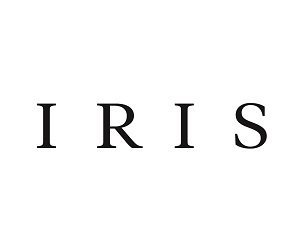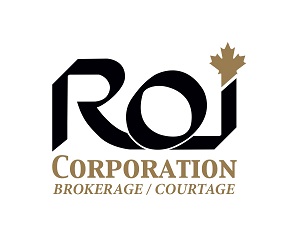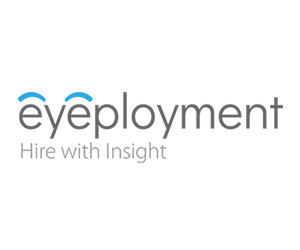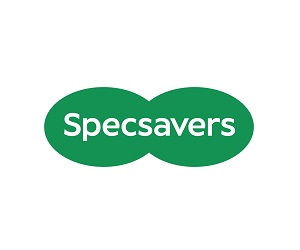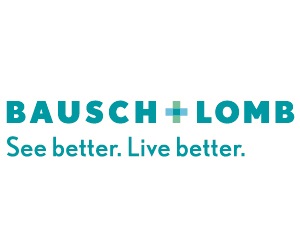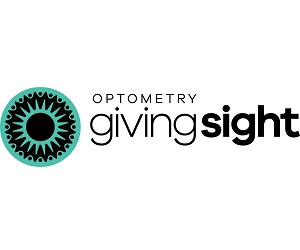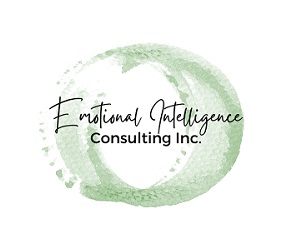
In today’s workplace, building strong and positive relationships with coworkers is crucial for personal and professional success. It not only enhances job satisfaction but also promotes collaboration, productivity, and overall well-being. One of the key skills that can greatly contribute to effective relationship management is emotional intelligence.
Emotional intelligence, often referred to as EQ, is the ability to identify, understand, and manage our own emotions, as well as recognize and empathize with the emotions of others. By using emotional intelligence skills, individuals can navigate workplace relationships with empathy, adaptability, and effective communication. In this article, we will explore the importance of emotional intelligence in relationship management and provide practical strategies to enhance your EQ skills.
Why Emotional Intelligence Matters in the Workplace
Effective relationship management is at the core of a healthy and thriving work environment. When you possess high emotional intelligence, you are better equipped to handle conflicts, manage stress, and foster positive connections with your coworkers. Without EQ your workplace will lack the important skills needing to create strong relationships with coworkers and in turn your patients. It will become an environment that could foster resentment, loneliness, and hostility.
Actively using EQ matters, because if we don’t make the conscious effort to use it we will default to protective behaviours in an environment that doesn’t require them. No one is fighting off lions, tigers, and bears in your workplace (hopefully) so why are we allowing our brains to respond in that way?
It’s vital to work on developing new default behaviours that encompass relationship management to maintain a constructive, happy and inclusive environment. We can only perform to the level we are taught, now let’s learn about relationship management!
Developing Emotional Intelligence for Relationship Management

Now that you understand the importance of emotional intelligence in relationship management, let’s explore some strategies to develop and enhance our EQ skills. By incorporating these practices into your daily interactions, you can cultivate stronger and more meaningful connections with your coworkers:
- Self-Awareness
Self-awareness is the foundation of emotional intelligence. Take the time to reflect on your own emotions, triggers, and communication style. Recognize your strengths and areas for improvement. By understanding yourself better, you can become more mindful of how your emotions affect your actions and in turn, impact others.
- Active and Empathetic Listening
Active listening is a crucial skill for effective communication and relationship building. Practice truly listening to others without interrupting or formulating responses in your mind. Pay attention to both verbal and non-verbal cues, and show genuine interest and empathy in what others are saying and feeling.
- Empathy and Perspective-Taking
Empathy is the ability to understand and share the feelings of others. Put yourself in their shoes and try to understand their perspective. It is important you let go of your own perspective on the matter at hand when doing this. It will help you respond with compassion and make others feel valued and understood.
- Emotional Regulation
Managing your own emotions is essential for building positive relationships. Take steps to regulate your emotions by practicing stress management techniques, such as body calming and wide perspective taking. By staying calm and composed, you can respond to challenging situations in a more constructive manner.

- Conflict Resolution Skills
Conflict is a natural part of relationships, but emotional intelligence can help navigate conflicts effectively. Focus on finding common ground, listening to others’ perspectives, and seeking mutually beneficial solutions. Avoid blame and defensiveness, and instead, approach conflicts with empathy and a willingness to find the win, win.
- Building Trust
Trust is the foundation of strong relationships. Be reliable, honest, and transparent in your interactions. Follow through on your commitments and demonstrate integrity in your actions. By building trust with your coworkers, you create a safe and supportive environment where collaboration thrives.
- Recognizing and Celebrating Successes
Acknowledge and appreciate the accomplishments of your coworkers. Celebrate their successes and provide positive feedback. By recognizing the contributions of others, you create a culture of support and encouragement, fostering stronger relationships within the team. When you celebrate the successes of your coworkers it’s like you are making a small relationship deposit into their “Relationship Bank Account”. As these add up over time you will see the relationships you have become very strong and secure.
- Continuous Learning and Improvement
Emotional intelligence is a skill that can be developed and improved over time. Seek opportunities for growth, such as attending workshops, virtual trainings, listening to podcasts, or reading books on emotional intelligence. Reflect on your interactions and identify areas for improvement. By continuously learning and striving to enhance your EQ skills, you can become a more effective relationship manager.
Take this with you
Emotional intelligence plays a vital role in relationship management in the workplace. By cultivating and honing your EQ skills, you can navigate conflicts, communicate effectively, and build strong and positive connections with your coworkers. Remember, emotional intelligence is a lifelong journey of self-awareness and continuous learning. By incorporating the strategies mentioned in this article, you can enhance your relationship management skills and create a more harmonious and fulfilling work environment for not only others but yourself as well.
It’s never too late to start learning, just take it one step at a time.

Jade Bodzasy
Jade Bodzasy, Founder of Emotional Intelligence Consulting Inc., is a dedicated Coach and Consultant for Optometric Practices. Her extensive background includes over 20,000 hours of expertise focused on customer relations, work structure refinement, training method development, and fostering improved work culture within Optometric practices.
Certified in Rational Emotive Behavior Techniques (REBT), Jade possesses a unique skillset that empowers individuals to gain profound insights into the origins of their behaviors, as well as those of others. Leveraging her certification, she equips optometry practices with invaluable resources and expert guidance to establish and sustain a positive, healthful, and productive work environment.










